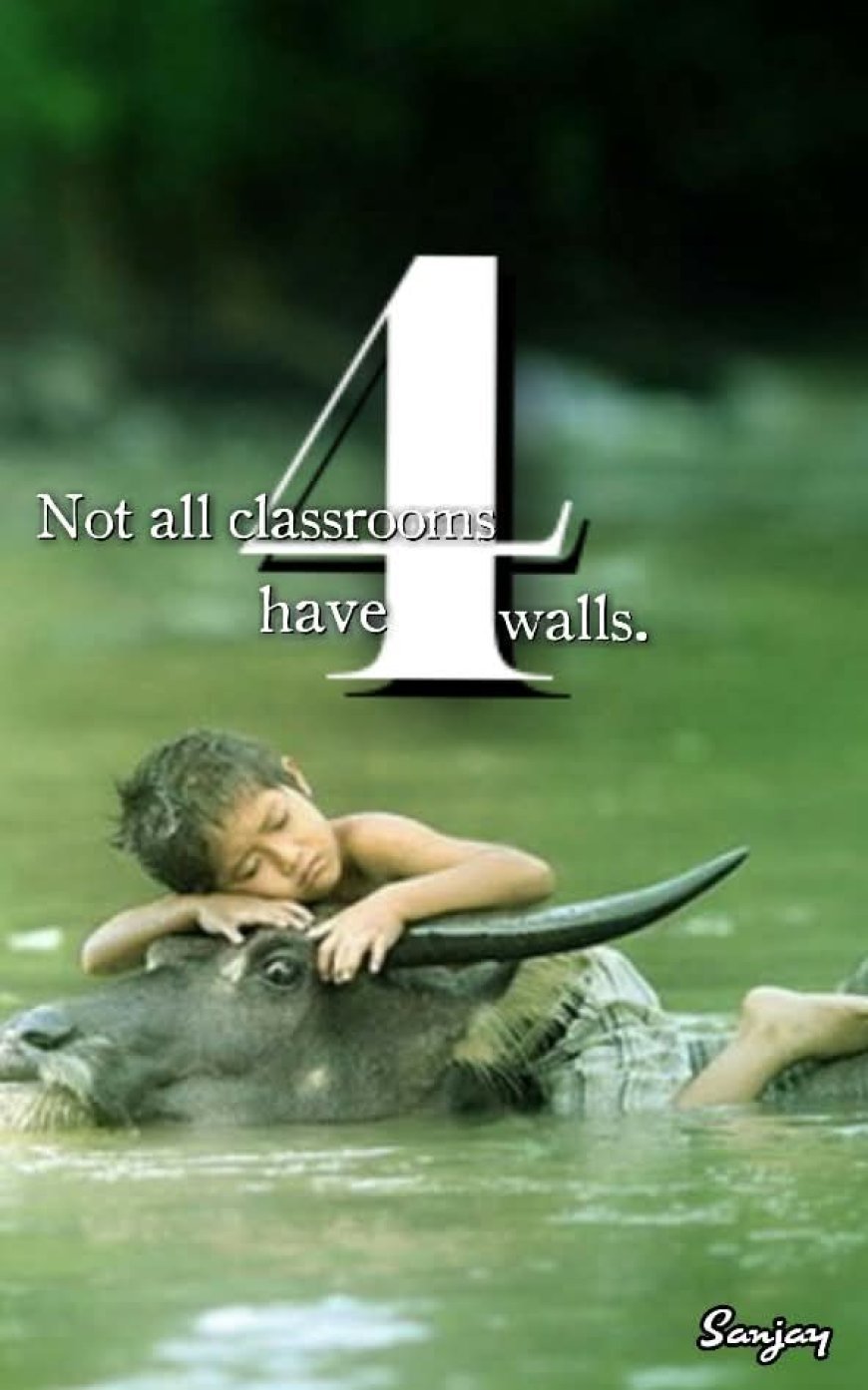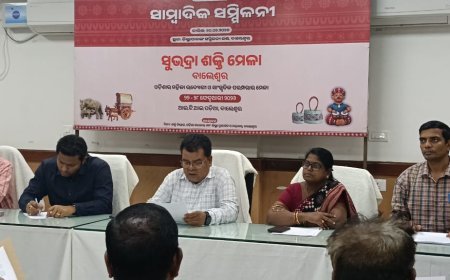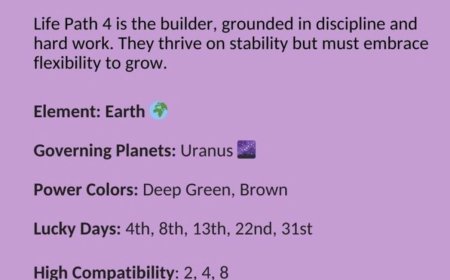Not All Classrooms Have Walls – Rethinking the Indian Education System

The Indian education system has always been a subject of pride as well as criticism. Our students are often celebrated worldwide for their academic excellence, their performance in competitive examinations, and their ability to excel in the toughest of syllabi. Yet, behind this glitter of marks and ranks lies a deeper concern: Are we truly educating our children, or are we merely training them to reproduce information?
A common saying goes, “Not all classrooms have walls.” Learning is not confined to textbooks, blackboards, or four walls. True education is about shaping the mind, nurturing curiosity, and building the ability to question and innovate. Unfortunately, our system seems more focused on memory than on understanding.
The Burden of Marks Over Understanding
Most Indian students can tell you the reaction between an acid and a base, and even predict the resultant salt and water. They can rattle off Newton’s three laws of motion without hesitation. They know that the acceleration due to gravity is 9.8 m/s². But ask them why it is 9.8, or how Newton even arrived at those laws, and there is silence. The “what” is memorized, but the “why” and “how” are ignored.
*Product Name* - *Kesh Art Bhringraj & Neem Hair Cleanser for Controlling Hair fall & Dandruff* *Product link* -
Powered by myUpchar
*Product Name* - *myUpchar 2% Salicylic Acid Serum For Acne, Pimples, Blackheads & Open Pores for both Women & Men - 50ml* *Product Link* -
Powered by myUpchar
In mathematics, a student may be able to solve a complex integral or a three-variable equation, but many fail to define something as basic as a prime number. In languages, they write essays and compositions, yet often without visualization, imagination, or originality. This paradox reflects the flaw in our approach: we prepare students for exams, not for life.
The Legacy of Rote Learning
The roots of this problem go deep into our history. The colonial education system introduced by the British was designed to produce clerks and administrators—obedient followers, not original thinkers. Sadly, decades after independence, we are still trapped in the same structure. The curriculum is vast, the pressure of examinations is relentless, and the emphasis is on “covering the syllabus” rather than “discovering knowledge.”
This has created generations of students who excel in reproducing information but hesitate when asked to innovate, analyze, or apply their learning in real-world situations.
Classrooms Without Walls – The Missed Opportunity
Real learning happens beyond textbooks. A science lesson is incomplete without experiments, a history lesson is dry without storytelling, and a literature class is hollow without imagination. Unfortunately, many schools reduce education to classroom lectures and notes for exams.
When children are exposed to nature, when they observe a falling fruit to understand gravity, or when they debate ethical dilemmas to understand values, education becomes alive. But such experiences are rare. Instead, students are locked in classrooms where marks dictate their worth and creativity is often suppressed.
The Cost of Exam-Centric Education
An exam-driven education system narrows the vision of students. They begin to study only for marks and certificates, not for knowledge. Parents and teachers, too, unknowingly reinforce this by asking, “How many marks did you get?” instead of “What did you learn today?”
The consequences are serious:
Students score high but struggle in interviews that demand critical thinking.
They qualify as engineers and doctors but sometimes lack the practical skills to innovate or problem-solve.
Creativity, curiosity, and compassion—qualities essential for a fulfilling life—get sidelined.
Towards a Holistic Education
Reforming the education system does not mean discarding what we have but reimagining it. We need to balance knowledge with skills, memory with imagination, and information with application. A few changes can make a significant difference:
1. Encouraging Curiosity: Students should be rewarded for asking questions, not just for giving answers.
2. Practical Learning: Science should be taught through experiments, mathematics through applications, and literature through creative writing.
3. Conceptual Clarity: Before solving complex problems, basics must be strengthened. Defining a prime number should be as important as solving a calculus problem.
4. Reducing Exam Pressure: Multiple modes of assessment—projects, presentations, group work—should supplement written exams.
5. Learning Beyond Walls: Education must include exposure to arts, sports, culture, environment, and community service. These shape character, empathy, and life skills.
Conclusion – Building Thinkers, Not Just Toppers
India has no dearth of talent. Our students are intelligent, hardworking, and ambitious. What they need is a system that trusts their creativity and nurtures their originality. Marks and degrees may open doors, but it is ideas and imagination that change the world.
Education must move from “information loading” to “knowledge building.” It must empower students not just to pass exams, but to question, create, and contribute meaningfully to society. After all, not all classrooms have walls—and not all learning fits into textbooks.
Sanjay Pattnayak
Sundargarh











































